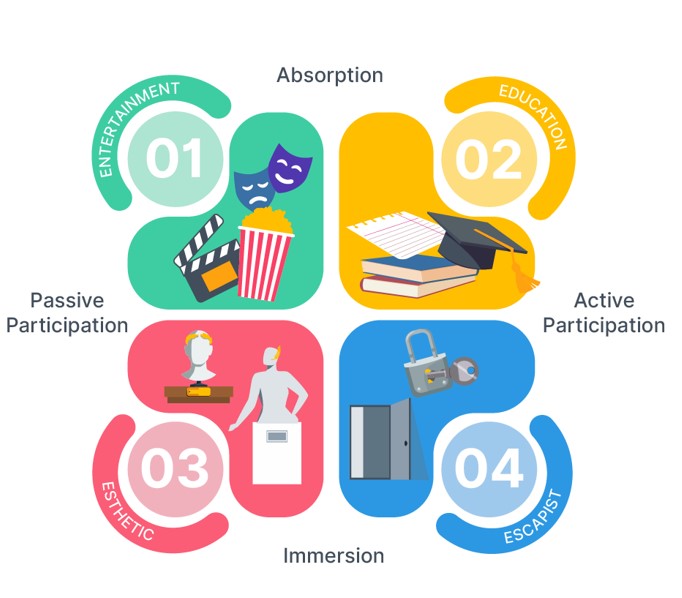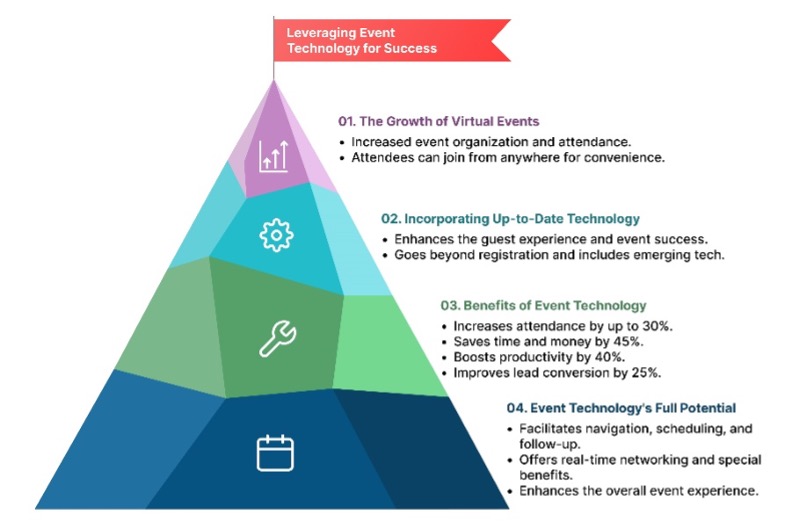 Alexander Muir | Senior Lecturer & Subject Lead in Hospitality, Events & Tourism
Alexander Muir | Senior Lecturer & Subject Lead in Hospitality, Events & Tourism
Creating Unforgettable Experiences: Graduate Career Paths in the Events Industry
A recent article on Millennial and the Experience Economy outlined three strategies for Event and Hotel Operators to stand out in a highly competitive, tech savvy environment, where experiences are a key element of customer demand. The opinion article focuses on three key areas for organisations to focus on including: customer reviews, breaking down the customer journey and personalisation (Net Hospitality, 2018). For Event Management graduates these are, and will continue to be, key areas that will need to be focused on as they grow their graduate careers and skills in the sector.
The article explains the need to practically engage with customers, reviews, feedback in a responsive way that can be measured for the event operators. This is related to a key consumer need for fast, responsive problem solving of their specific issue, request or aim across the customer journey. Furthermore, the need for effective and data driven performance metrics to ensure key customer objectives and user experience needs are being met to deliver customer experience, will be a key consideration for new graduates in their event roles. Creating unforgettable experiences requires the event operator to truly understand the need of the customer and identity the best approach to both communicate and realise that aim. Therefore, the core elements of project management are needed in almost every aspect of event planning and demonstrates the need for graduates to continue their learning journey and continuously seek areas for further growth, as they embark on their career in many areas of the event industry. A focus on the customer journey during the event means that operations focus on the overall customer experience rather than specific customer issues (Rolfe,2020). By identifying reoccurring breakdowns in the customer journey, operators are far better equipped to truly address the customer challenges and deliver a memorable experience based on their learned experience. The personalisation of the experience of various touchpoints can follow in a truly unique manner across the venue, design, food and beverage and program schedule. Truly memorable events are often staged around the concept of "Escaping" as Pine et al. (1998) suggests, this reflects the idea that people seek experiences as a means of escaping from their everyday routines and realities, as seen here in Figure 1.0.

Figure 1.0 The Four Realms of an Experience, Process Street (2023)
Furthermore, based on research and data trends there is a need for multisensory engagement and an understanding the role events can have in building connections and relationships, both among individuals and between consumers and brands. Graduates from ARUL are uniquely positioned to understand and deliver this key customer expectation through their theoretical analysis, awareness of the industry and practical experience.
As Leachman and Scheibenreif (2023) state great customer experience is 90% getting the basics right and 10% special moments. Event design must be a skilled, creative endeavour that produces some element of artistic interpretation for the customer. Each trimester here at ARUl, our Event Management students demonstrates this by hosting a unique range of events based on a specific brief. Moreover, we have seen in recent years the return of in-person events and corporate events reaching close to pre-covid levels combined with a strong demand for online or digital events. Reports have shown us how technological advancement in the event space has rapidly advanced with the use of virtual reality (VR), augmented reality (AR) and other technologies such as Radio Frequency Identification (RFID) and event apps (Evans,2024). Figure 2.0 demonstrates some of the significant benefits of event technology on the customer experience, attendance, and lead conversion.

Figure 2.0 Leveraging Event Technology, eventify.io. (2023)
For any graduate, embarking on a career in events they are entering a sector that is evolving and truly global, meaning that their learning journey does not end but an exciting learning and personal development journey has just begun. There are many aspects and facets to the event industry, most medium sized hotels in an urban or rural area will have an events team, some smaller boutique venues have an extensive wedding calendar, and many operators offer unique experiences for families, organisations, and individuals. The structure will vary depending on the size of the property, the number of event spaces and whether the events are primarily corporate or leisure events such as weddings. Entry level roles into the sector include roles such as an event executive supporting the needs of the event manager, event coordinator ensuring that communication between the events team and the customer, event operations are seamless. The other side of the event industry is the operations, roles can range from banquet server, floor manager, event operations manager and director of conference and banqueting. Other career paths for graduates in the job market include working for an event agency that operates more on a consultant bases advising, designing, arranging, and delivering specific events based on a key objective, remit, and budget. The opportunities for ARUL graduates are varied, and both rewarding and challenging given the relentless nature of the industry. Our ARUL graduates are uniquely positioned to take advantage of these opportunities and to truly create and develop an exciting and rewarding graduate career in the sector.
References
Evans, N. G. (2024). Strategic Management for Tourism, Hospitality and Events. Oxford: Taylor and Francis., p.290.
eventify.io. (2023). Top Emerging Event Technology Trends to Be Followed In 2023. [online] Available at: https://eventify.io/blog/event-technology.
Leachman, L. and Scheibenreif, D. (2023). Using technology to create a better customer experience. [online] Harvard Business Review. Available at: https://hbr.org/2023/03/using-technology-to-create-a-better-customer-experience.
Pine, J. and Gilmore, J. (1998). Welcome to the Experience Economy. [online] Harvard Business Review. Available at: https://hbr.org/1998/07/welcome-to-the-experience-economy.
Process Street (2021). 7 Ways Salesforce Achieves Complete Customer Engagement Using The Four Realms of Experience | Process Street | Checklist, Workflow and SOP Software. [online] Available at: https://www.process.st/customer-engagement-realms-of-experience/.
Rolfe, A. (2020). Segmentation, targeting, positioning & the buyer persona. [online] www.professionalacademy.com.Availableat:https://www.professionalacademy.com/blogs/segmentation-targeting-positioning-the-buyer-persona/.